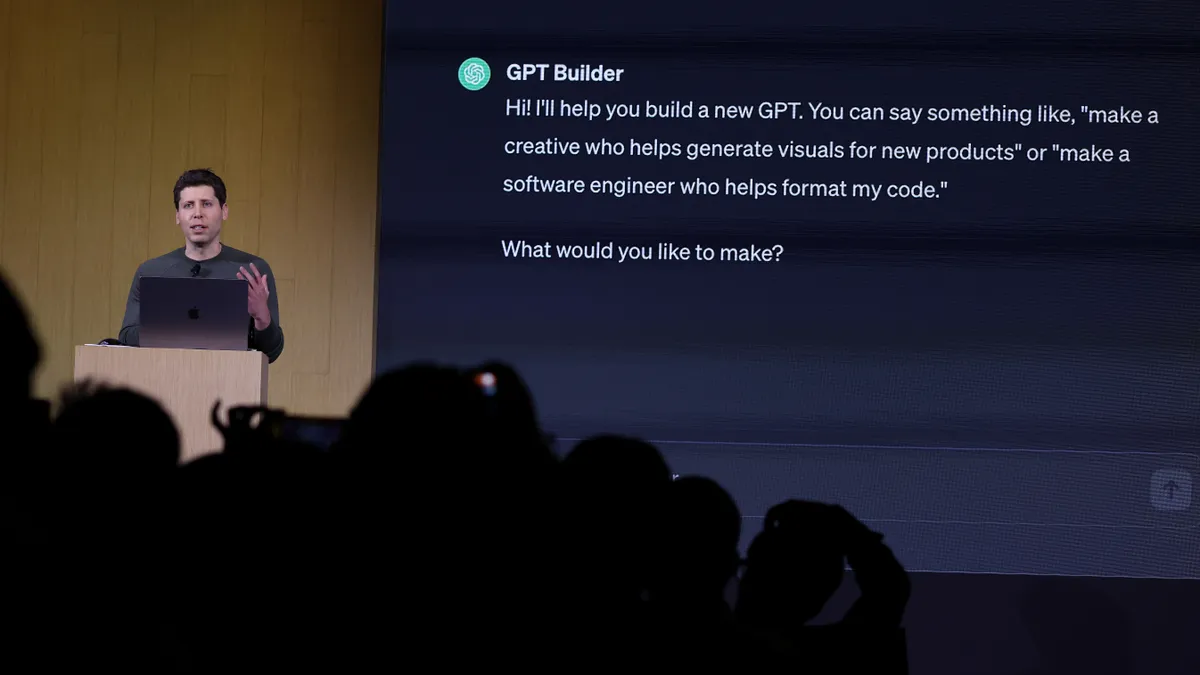As the AI-driven workplace becomes more prevalent, companies are struggling to find talent to fill roles and ensure their workforce remains competitive, according to an April 16 report from General Assembly, a global tech training firm.
In a survey, leaders reported that it’s tough to hire people with AI-related skills, so they’re paying more to hire the talent they need and using alternative methods to find candidates.
“Companies are entering a new era — one that requires their workforce to not just master AI tools available on the market today, but also respond quickly to the rapid evolution of generative AI,” Gretchen Jacobi, head of enterprise at General Assembly, said in a statement.
“Keeping up, and staying ahead of the curve requires new, adaptable methods for hiring, retaining, and reskilling workers,” she said. “The companies that succeed in this changing world of work will be the ones that embrace the potential of new approaches to training and talent development to navigate the age of AI.”
Of the 1,000 HR leaders hiring for software engineering, data analytics and user experience roles surveyed, 69% said it’s more challenging to hire people with adequate AI skills compared to those in traditionally hard-to-hire roles in data analytics, data sciences, software engineering and UX design.
In addition, companies are now in a position where they have to pay more to acquire the talent they need, according to the survey. In fact, 66% of the time, companies are agreeing to pay what job candidates ask for during the hiring process, and 52% of survey participants said they’re spending at least $10,000 to fill roles that require AI skills.
Beyond that, companies are using alternative routes to find and hire the talent they need. According to the survey, 53% are reducing traditional educational requirements for their open positions, and 52% are hiring additional HR staff to acquire talent.
“Hiring for many types of jobs and across many industries is incredibly challenging — the process takes too long. However, AI is enabling significant improvements to make the process simpler and faster,” Hannah Calhoon, head of AI innovation at Indeed, said in a statement. Indeed has worked with General Assembly on tech training.
“To ensure that workers can experience the benefits of AI once they secure a job, it’s more important than ever to embrace new approaches to upskilling and reskilling,” she said. “Workers at any level and from a wide range of professional backgrounds can successfully adapt to AI-driven changes that will impact all industries.”
Job seekers with generative AI skills are drawing an average salary boost of 47% and an average annual salary close to $175,000, according to a recent Indeed report. Other skills earning a premium salary include deep learning, computer vision and specific software languages and frameworks such as Rust or PyTorch.
So far, companies seem to have an unbalanced approach to AI when it comes to buying versus building talent, according to a report from The Adecco Group. Instead, leaders should train current workers to avoid skills gaps and maximize the potential of AI, the report found.
Companies should also prepare and train for AI literacy, a CompTIA executive wrote in a March opinion piece for HR Dive. Workers can benefit from several learning and development options, such as short online programs about AI fundamentals, targeted training for specific job roles and hands-on experience in existing workflows.











